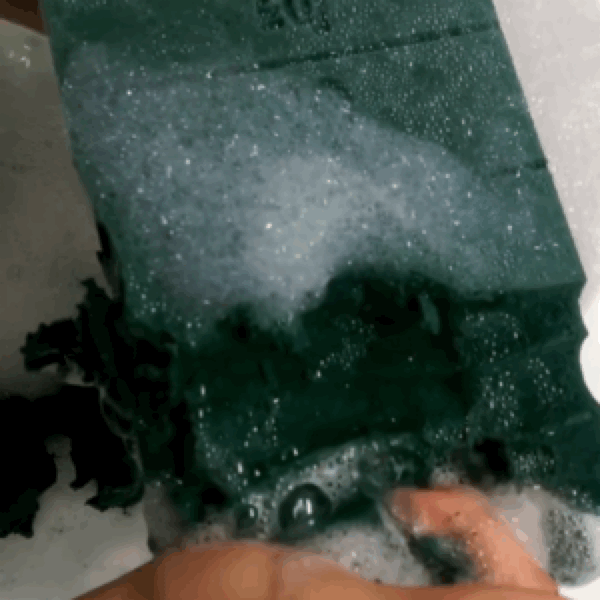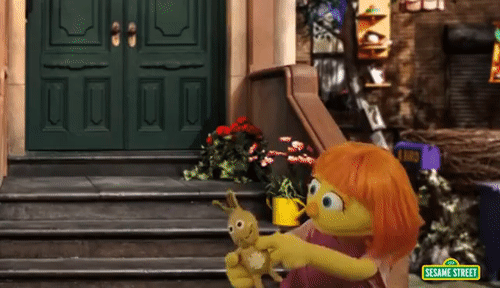“The people in my illustrations are almost caricatures that presume and hint at deeper stories,” says Nathan. “I write a little so I naturally seek narratives even in non-sequential images.” The characters in Noise Complaint for example, span the human demographic, with a couple fighting next to their young child, boys playing loudly in a rock-band, two women doing DIY and someone putting out a fire — the characters are thoroughly human, relatable and despite Nathan’s high level of illustrative detail, leave space for the viewers own storytelling and interpretation.”
Experiments may prove the Source Field of intelligent consciousness, Julia shares her ASD personality on Sesame Street, and the tranquility of sensory deprivation floating
“Within the field of quantum mechanics, physicists, too, have opened their eyes to the possibilities of a conscious, vibratory field that permeates the Universe. In his best-selling book, The Source Field Investigations, author David Wilcock proposes the question, “could all space, time, energy, matter, biological life, and consciousness in the Universe be the product of a source field?” He references a number of curious experiments conducted by scientists over the last century which add credence to his theory, and by the end of the book it is difficult to refute the existence of what he names the ‘Source Field’.”
Reading helps with anxiety, 50 fourth grade level book recommendations from teachers, and dyslexia makes great designers
SENSORY NEWS REPORT Sylvester, C. (1922) Journeys Through Bookland : a New and Original Plan for Reading Applied to the World’s Best Literature for Children, p.226 [photograph]. Retrieved from The Commons on Flickr (Public Domain) , https://flic.kr/p/oeRmRM. #thursdaymorning #sensoryreaders #sensorynews #multisensory #stimtoys Contents Selected Reads + Buzz Book + Stim Tool Halcyon Entrancement Chuckles Sources
Genetics affect synaesthetes, odor plays a role in social cue perception, and museums are becoming sensory-friendly
SENSORY NEWS REPORT Selected Reads + Buzz Book + Stim Tool Halcyon Entrancement Chuckles Sources From Twitter: [latest posts] #thursdaymorning #sensoryreaders #sensory #multisensory #stimtoys #news #sensorynewsreport
A light story from the grave, a serious flu hives warning, and the science of breathing to calm down
SENSORY NEWS REPORT Senses in the News Stim Tools Chuckles Sources From Twitter: [latest posts] #thursdaymorning #sensoryreaders #sensory #multisensory #stimtoys #news #sensorynewsreport





